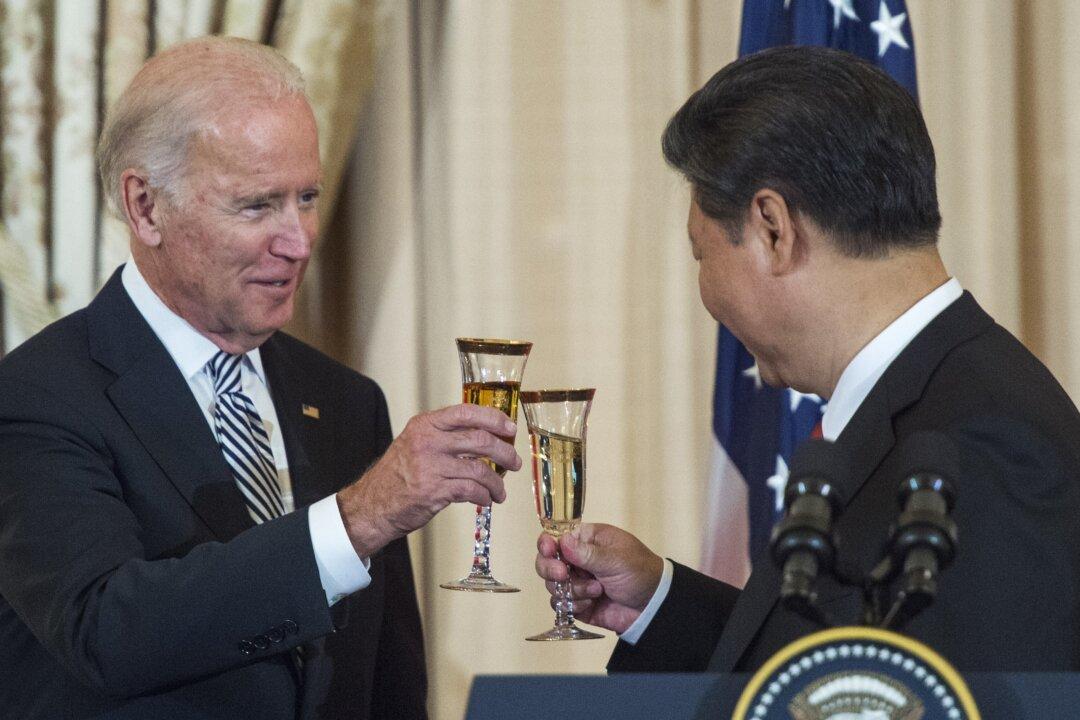A Chinese foreign ministry spokesperson recently expressed congratulations to U.S. presidential candidate Joe Biden, leading China commentators to analyze why Beijing changed course from its earlier statement that it would wait for the U.S. presidential election results to be finalized before congratulating a winner.
The U.S. election results have yet to be finalized as several states are pending recounts while others have legal challenges.





